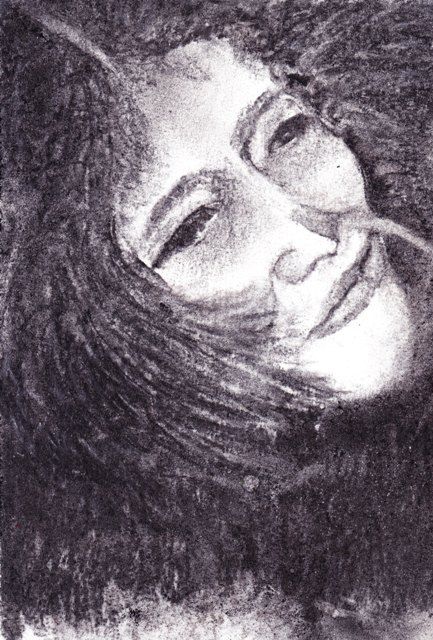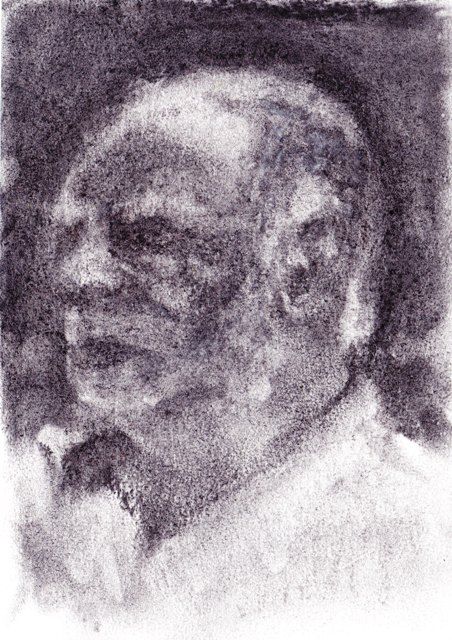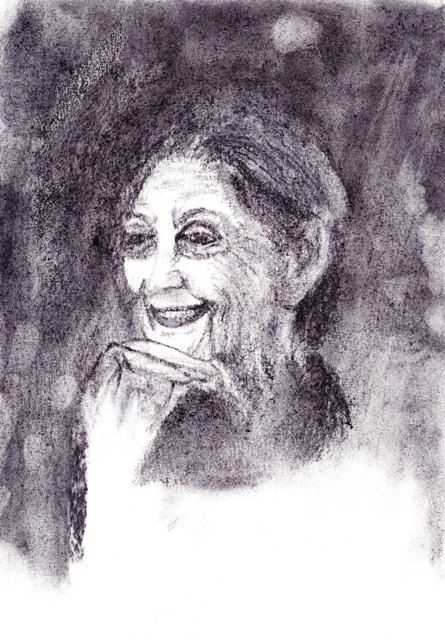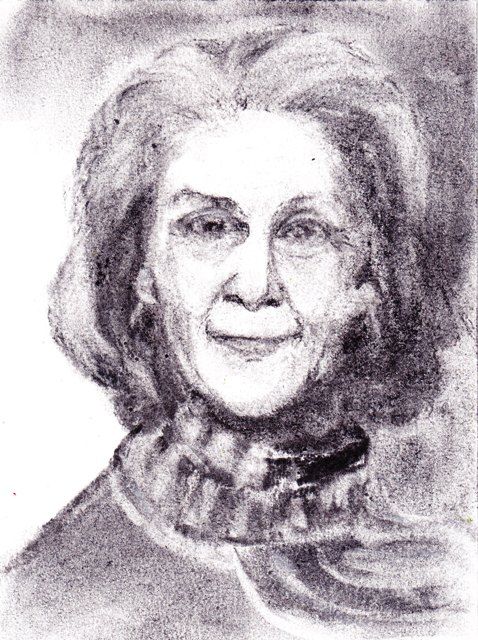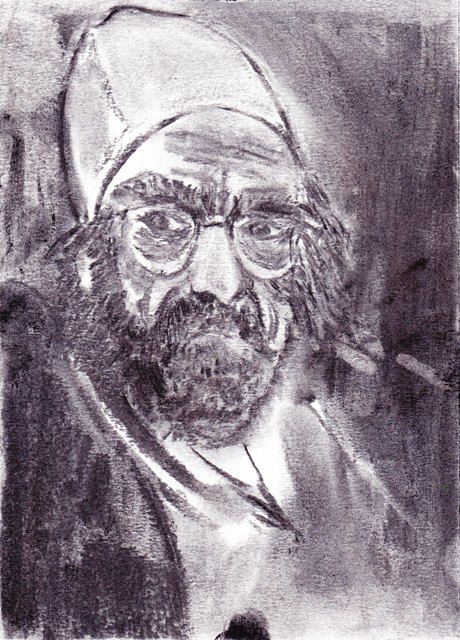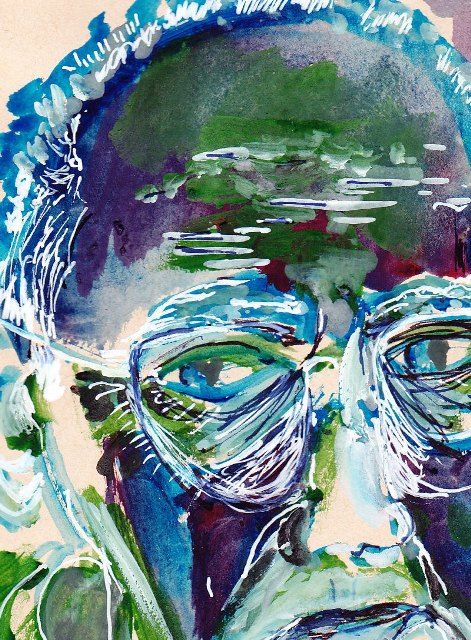
As India goes to polls, not many of those voting and even more, those who are grappling for a place in India's elite club, the Lok Sabha, would know that these days coincides with the 20th anniversary of a genocide, in the words of Samantha Power, the US Ambassador to United Nations,"devastating reminder that nightmares seemingly beyond imagination can in fact take place."
There were many objections as I slipped into Masisi, North Kivu, the first Indian ever to do so in my effort to assist the Tutsis in a Complex Humanitarian Emergency. But then an average Indian is far more entranced to a stand on much touted corruption free manifesto of corruption entrenched political parties, rather than thinking of a life beyond genocide in an African country.
Nandan Nilekani has just joined the Congess I. The Infosys executive will also be contesting from Bangalore. Then, Nandan is not alone. There is a virtual rush by political parties in acquiring big names and vice versa. Meera Sanyal, a former executive of the Bank of Scotland, is an AAP contender from a Mumbai constituency.
Nandan, at a TV show, explained the reason for joining Congress I; it was mainly because his family has always been a Nehruvian one and he aspires to the same principles. I thought of my late parents who had held the same Nehruvian principles and voted religiously for the Congress I. Their only son is now writing this article not really wishing to contest but just understand what made them - and people like them - to vote for political parties that never really cared for people. Then again, Gwalior always was and remains, a sleepy town; the elections at times, would break their slumber and people voted en masse without even thinking whether the candidate, after winning the Lok Sabha or Vidhan Sabha seat, will ever come back to thank them or at least hear their problems.
The 2014 Lok Sabha Polls would be witnessing the election of such people to India’s august body, the Parliament and the people who would be voting for them would strangely remain the same: the exploited and the overruled.
I have asked myself time and again that why should such people suddenly leave, when at their peak of their careers not to join ‘politics’ but to be elected to the parliament, and I really never found an answer
During the seventies, when Bunker Roy, a product of Doon School (Dosco) and a little known sociologist moved to Rajasthan for implementing a model for the betterment of rural communities, nobody actually understood him nor really cared. Similarly, when Kobad Ghandy another old student of Doon School and his wife, Anuradha, left their upper class environs to go to Dandakaranya with the sole ambition for working for tribal rights, people labelled them as ‘anarchists’ and ‘ultra leftists’. It was in the forests of Dandakaranya, Anuradha passed away in April, 2008, afflicted with the dreaded cerebral malaria. I could imagine her last moments wasted physically from the disease, her febrile mind still revolved around the job undone.
I also admire the danseuse, Mallika Sarabhai who recently declared that she wouldn’t stand for elections but would continue to be involved in political social reforms in the province of Modi led Gujarat.
I have also asked myself that if there will ever be a reason for a well known figure as popular as Advani ji to suddenly refuse to stand for elections, and instead suggest that he would rather work for the people at grassroot level as a common party volunteer. I know it’s a utopian question but then a human being has always grappled with such utopian values
The parliamentary seat is a symbol of glamour in India. It comes with its own perks and the individual can always refer himself or herself as a former member of parliament. Deglamourizing this parliamentary seat by actually coming down to work with the poorest of poor in India, is what we think sometimes but then a long trail of history of such elected candidates, corrupt to the core, tells us, an otherwise sad story. Criminalisation of Indian politics is a tale of yore right from independence.
If you take a peek at the careers of such bureaucrats, retired army generals, medical specialists and professors, one actually finds they all have a common trait of being overly ambitious; that they are overcome by a strange tunnel vision, transforming them to arrogant and uncouth individuals. They can never think creatively even in their day to day life, and each one of them has a false notion that they are successful and that they have finally made it to the end of a mighty straight line.
The fight for the Gwalior Lok Sabha seat would be interesting to watch. I do wish that a clean figure, as clean as somebody really 'unknown' would come forward and give hope to people’s aspirations
Meanwhile all the best to Nandan, Meera and people like them.
